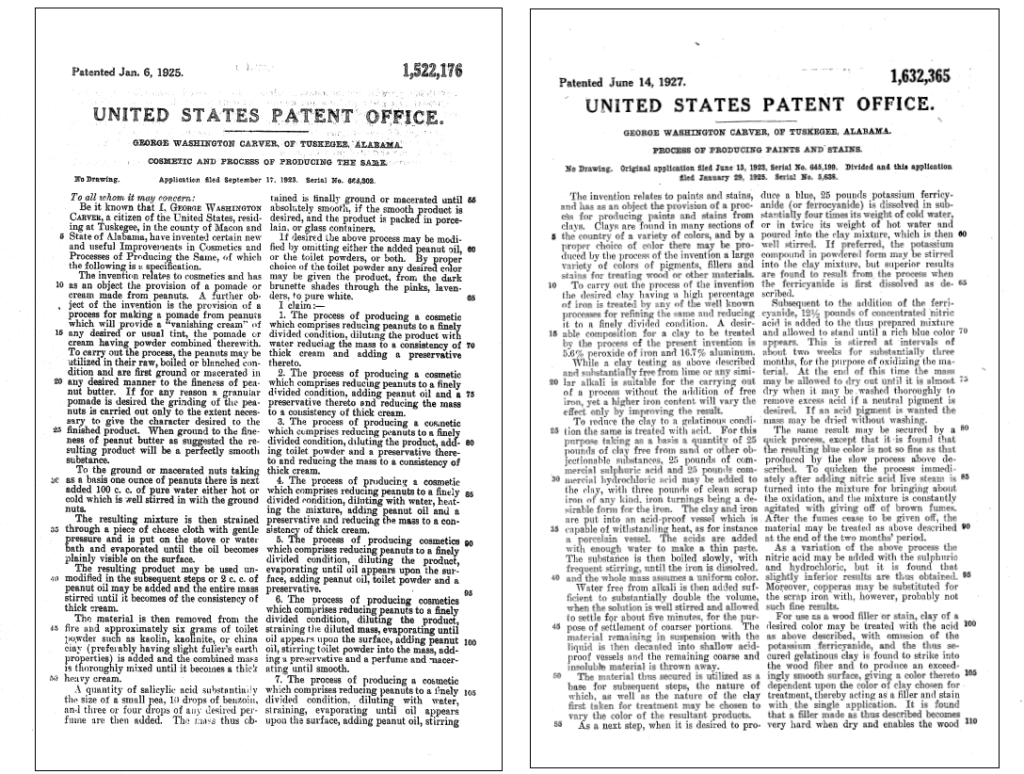The purpose of the patent system is to promote the progress of science and the useful arts. It does so in two ways: First, it incentives invention by providing inventors exclusive rights to new inventions for a limited time. Second, it encourages disclosure and provides a database of information in the form of millions of technical disclosures about all sorts of topics. It is amazing what you can learn from patents, and one such fun fact appropriate for today is that the last name of Punxsutawney Phil, the hero of the day, is Sowerby! This fun fact appears in U.S. Patent No. 10296823, which in Col. 34, lines 21-30, explains the difference between connection and dependency with a Groundhog Day Example:
Monthly Archives: February 2022
Black Inventors and Their Inventions
February is Black History Month, honoring the triumphs and struggles of African Americans throughout U.S. history. Among these triumphs are the inventions black inventors have contributed, many of which were not recognized with a patent because the Patent Acts of 1793 and 1836 barred slaves from obtaining patents because they were not considered citizens. It was not until the Patent Act of 1870 that “any person or persons” having discovered or invented any new and useful art, machine, manufacture, or composition of matter, or any new and useful improvement on any art, machine, manufacture, or composition of matter could apply for and obtain a patent. The breadth and importance of inventions contributed by black inventors is one of the best examples of the value of diversity:
Dry Cleaning
Most historians agree that the first U.S. patent that issued to a black inventor was U.S. Patent No. X3306, issued to Thomas L. Jennings over two hundred years ago on March 3, 1821, on dry scouring — a method of dry cleaning.
Planter
The second patent that issued to a black inventor was U.S. Patent No. 8447X, issued to Henry Blair (inventor) – Wikipedia on a (Corn) Seed Planter. He also received U.S. Patent No. 15 on a Corn Planter.

Locomotive Lubricators
Elijah McCoy, was a prolific inventor. Among his 57 U.S. patents was U.S. Patent No. 129843 for Improvements in Lubricators for Steam-Engines, on July 28, 1872. It is reputed that his invention was so often duplicated, that people began asking for the “real McCoy.”

Uses for Peanuts
George Washington Carver was a famous scientist and prolific inventors, although he only patented two of his inventions, U.S. Patent 1,522,176, on Cosmetic and Process of Producing the Same, and U.S. Patent 1,632,365, on Process of Producing Paints and Stains.

amd

